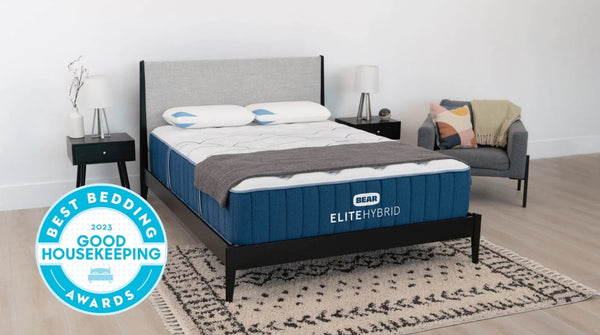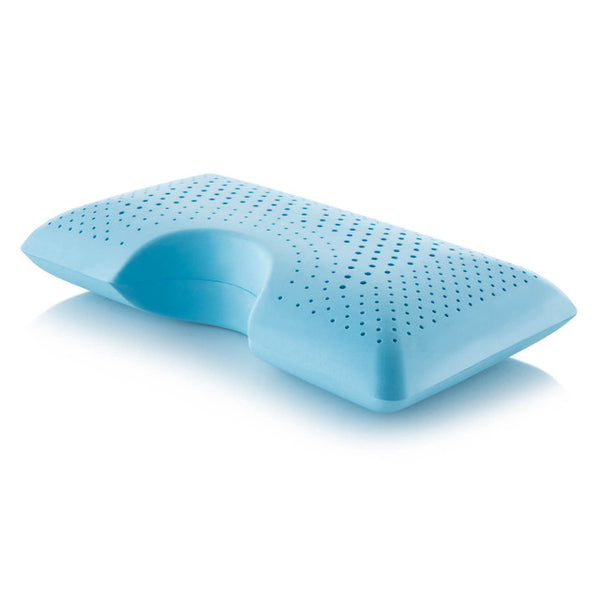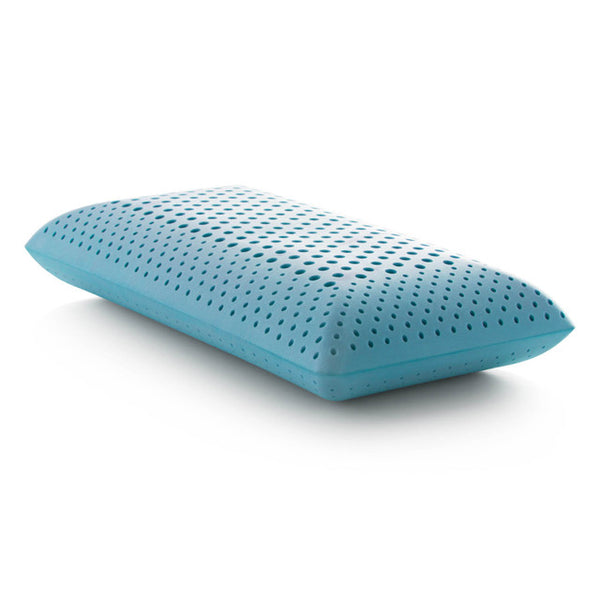
Frequently Asked Questions
1. What is sleep hygiene?
2. Why is sleep hygiene important?
3. What are some tips for achieving excellent sleep hygiene?
4. How can I adjust my sleep schedule when my life changes?
In our fast-paced world, getting a good night’s sleep is often overlooked, yet the significance of sleep hygiene is paramount. As we increasingly recognize the impact that sleep has on our overall health and well-being, adopting proper sleep habits is more crucial than ever. This blog post delves into the importance of sleep hygiene, providing valuable tips that will help you achieve the restful slumber you deserve.
Understanding Sleep Hygiene
Sleep hygiene refers to the practices and habits that are necessary for a good night’s sleep. Maintaining proper sleep hygiene can significantly impact the overall quality and duration of your sleep. By adhering to specific guidelines, you can create an environment conducive to restful sleep and improve your overall sleep quality.
Why Sleep Hygiene Matters
Establishing a sleep schedule and creating a calm sleeping environment is crucial for many reasons:
- Improved Mental Health: Quality sleep can reduce anxiety and depressive symptoms, promoting a healthier state of mind.
- Enhanced Cognitive Function: Quality sleep is essential for memory consolidation, focus, and problem-solving abilities.
- Better Physical Health: Sleep plays a vital role in physical health, influencing metabolism, immune function, and even cardiovascular health.
When we practice proper sleep hygiene, we subconsciously signal our bodies that it’s time to wind down, leading to a more restorative sleep experience.
Tips for Achieving Excellent Sleep Hygiene
Now that you understand the importance of sleep hygiene, let’s explore some practical tips to help you establish better sleep habits.
Establish a Sleep Schedule
Consistency is key when it comes to sleep. Going to bed and waking up at the same time every day — even on weekends — helps regulate your body’s internal clock. This regulation can lead to better sleep quality over time.
Create a Relaxing Bedtime Routine
Incorporating a calming pre-sleep routine can signal to your body that it’s time to rest. Here are some suggestions:
- Reading: Choose a book that isn’t too stimulating and allows you to unwind.
- Taking a Warm Bath: Bathing in warm water can help relax your muscles and prepare your body for sleep.
- Practicing Meditation: Engaging in calming meditation techniques can help clear your mind and promote relaxation.
Optimize Your Sleep Environment
Creating a conducive sleep environment is essential for enhancing sleep quality. Here are some key factors to consider:
- Comfortable Bedding: Invest in pillows and mattresses that provide support while aligning with your comfort preferences.
- Room Temperature: Maintaining a cool room temperature (between 60-67°F) can create a conducive sleep environment.
- Minimized Noise and Light: Use blackout curtains to block light and consider utilizing white noise machines to drown out disruptive sounds.
Limit Exposure to Screens Before Bedtime
The blue light emitted from screens can interfere with your body’s production of melatonin, the hormone responsible for sleep regulation. To promote better sleep hygiene, minimize screen time in the hour leading up to bedtime. Instead, consider activities that don’t involve screens, such as journaling or light stretching.
Watch Your Diet and Beverages
What you eat and drink can impact your sleep quality significantly. The following dietary tips can enhance your sleep hygiene:
- Avoid Caffeine and Nicotine: Steering clear of stimulants in the hours leading up to bedtime will help your body relax.
- Control Alcohol Consumption: While alcohol may induce drowsiness, it can disrupt your sleep cycle once you’ve fallen asleep.
- Opt for Light Snacks: If you're slightly hungry, choose a light snack that includes sleep-promoting nutrients, such as nuts or yogurt.
Adapting to Changes in Sleep Schedule
Life’s demands sometimes require us to adjust our sleep schedules. Whether it’s a new job, traveling, or taking care of a newborn, changes can disrupt our sleep hygiene. Here’s how to adapt:
Gradually Adjust Your Sleep Time
When changing your sleep schedule, make gradual adjustments. Aim to change your sleep time by 15-30 minutes every few days to help your body adjust to the new rhythm.
Stay Active During the Day
Engaging in regular physical activity can help you fall asleep more easily at night. However, try to avoid vigorous exercise a few hours before your bedtime, as it may energize you.
Be Mindful of Naps
While naps can be beneficial, long or irregular napping during the day can negatively affect your nighttime sleep. If you need to nap, aim for a brief period (20-30 minutes) and do so in the early afternoon.
Recognizing Sleep Disorders
Even with stringent sleep hygiene practices, some individuals may experience persistent difficulties in achieving quality sleep. If you consistently struggle with sleep despite your best efforts, it may be time to consult a sleep specialist. Here are some common sleep disorders to be aware of:
- Insomnia: Difficulty falling or staying asleep can lead to fatigue and impacts daily functioning.
- Sleep Apnea: This condition causes interruptions in breathing during sleep, often leading to loud snoring and excessive daytime sleepiness.
- Restless Leg Syndrome: Uncomfortable sensations in the legs can create an uncontrollable urge to move, hindering your ability to fall asleep.
Finding Balance in Your Nightly Routine
Creating a perfect balance in your nightly routine will tremendously affect your sleep quality. It’s important to find what works for you and stick to it, as consistency is vital in establishing healthy habits.
Understanding Sleep Cycles
Sleep consists of several cycles, each comprising different stages, including light sleep, deep sleep, and REM sleep. Understanding these cycles can help you gauge your sleep quality better. Aim for 7 to 9 hours of sleep each night to complete multiple sleep cycles, optimizing the restorative benefits of sleep.
Listen to Your Body
Finally, each person’s sleep needs can differ. Paying attention to your body and what it needs can help you adjust your sleeping habits. If you consistently wake up groggy and tired, it may be worthwhile to reassess how much sleep you’re getting and how well you’re practicing good sleep hygiene.
Embark on Your Journey to Restful Sleep
Incorporating better sleep hygiene practices into your routine can make a profound difference in your overall well-being. From establishing a consistent sleep schedule to optimizing your environment, every step contributes to the quality of sleep you receive. Remember that prioritizing your sleep is a vital aspect of self-care; your mental and physical health will thank you for it.
As you embark on this journey to restful sleep, be patient and persistent. It may take time to establish new habits, but the benefits will be well worth the effort. Sweet dreams await!
Take a moment to explore another user's Shopify or Wix store. Visit their store through this link. Please be aware that this is a promotional link, and we cannot be held responsible for the content of the linked store.









